25+ SAMPLE Construction Business Plan
-
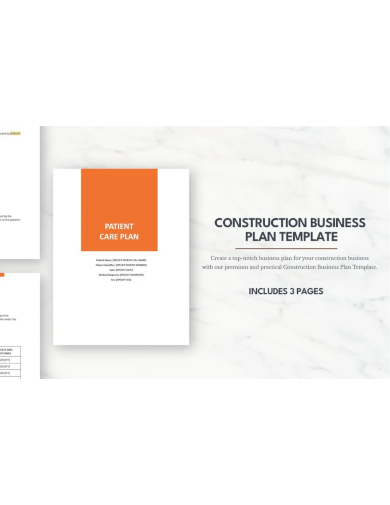
Construction Business Plan Template
download now -
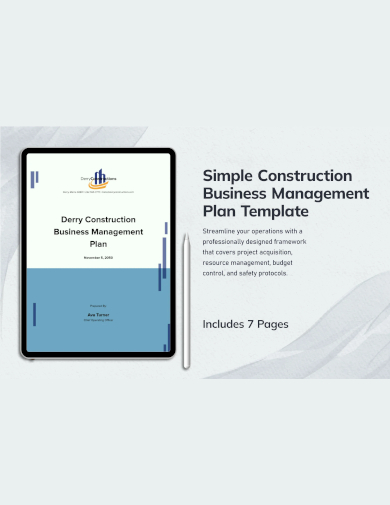
Simple Construction Business Management Plan Template
download now -
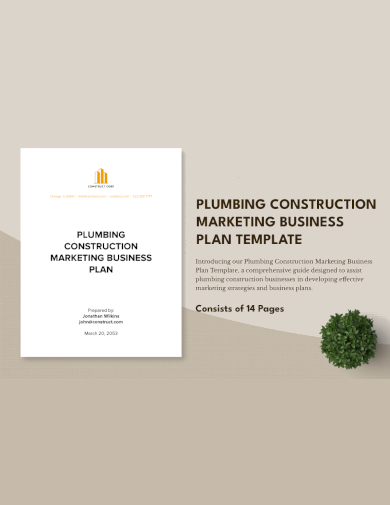
Plumbing Construction Marketing Business Plan Template
download now -

Cleaning Construction Marketing Business Plan Template
download now -
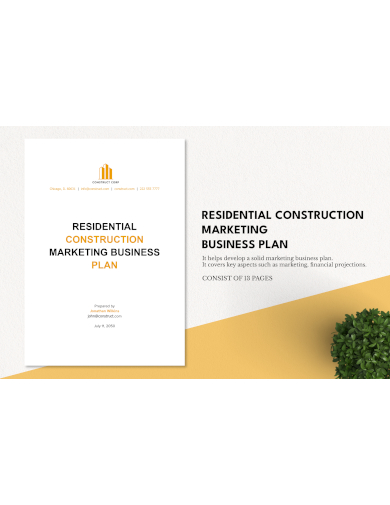
Residential Construction Marketing Business Plan Template
download now -
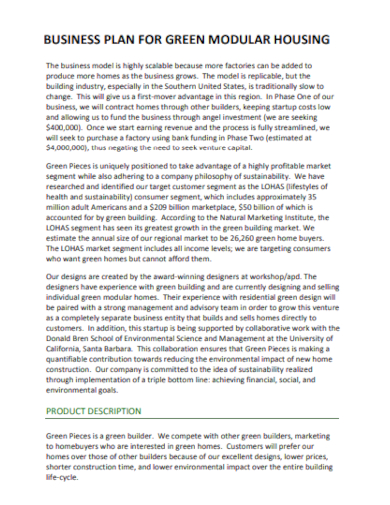
Housing Construction Business Plan
download now -
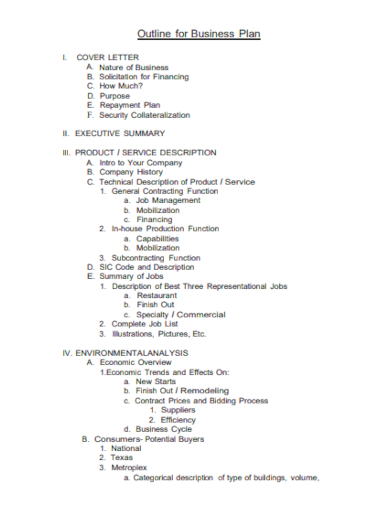
Outline for Construction Business Plan
download now -
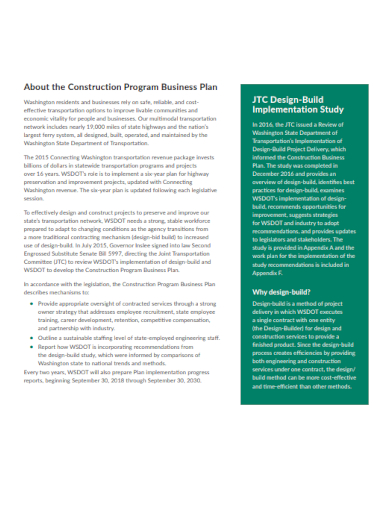
Construction Program Business Plan
download now -
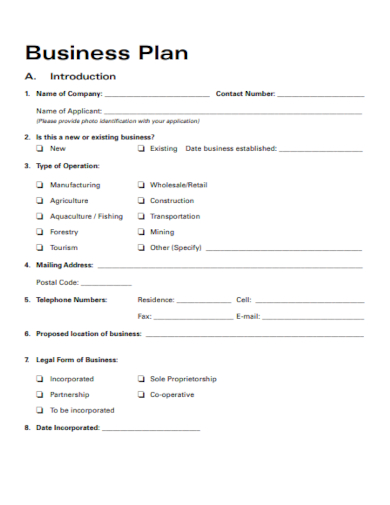
Construction Business Plan Format
download now -
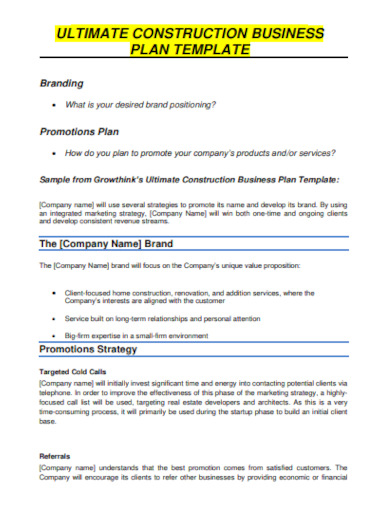
Construction Company Business Plan
download now -
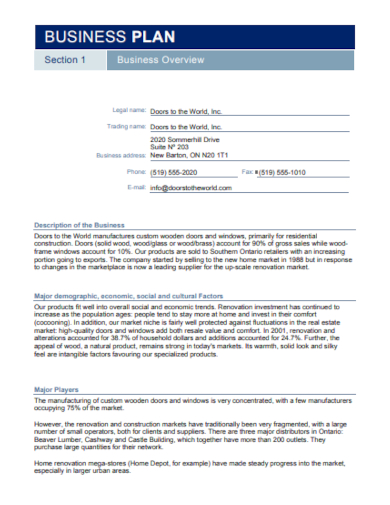
General Construction Business Plan
download now -
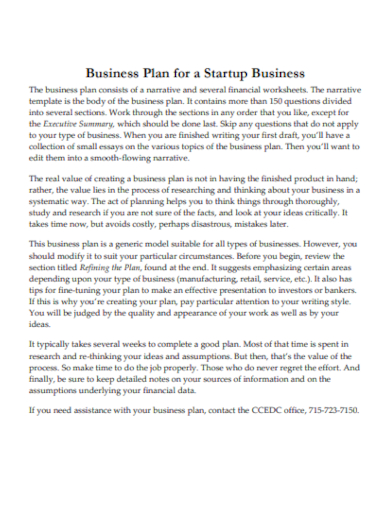
Construction Startup Business Plan
download now -
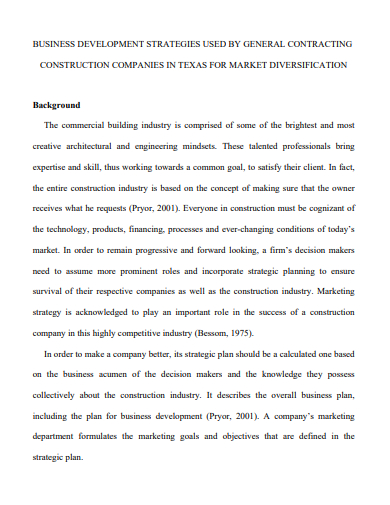
Construction Business Development Plan
download now -
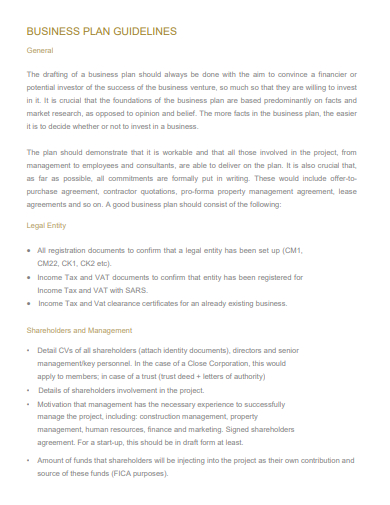
Construction Business Plan Guidelines
download now -
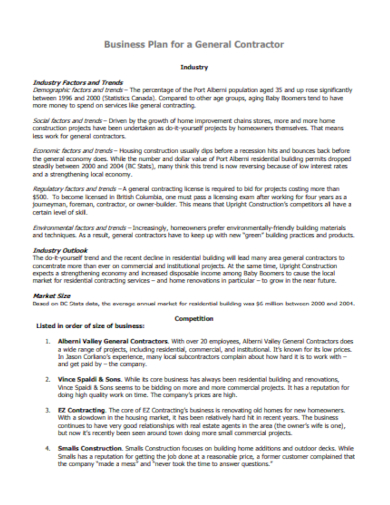
General Contractor Business Plan
download now -
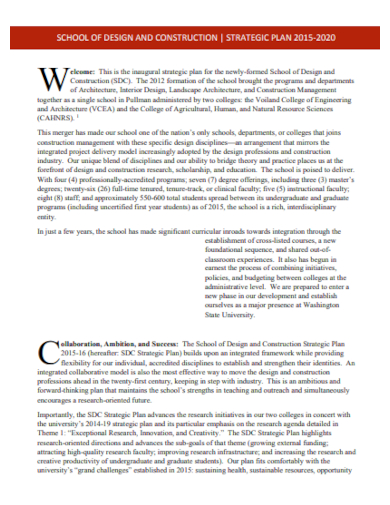
Construction Design Business Strategic Plan
download now -
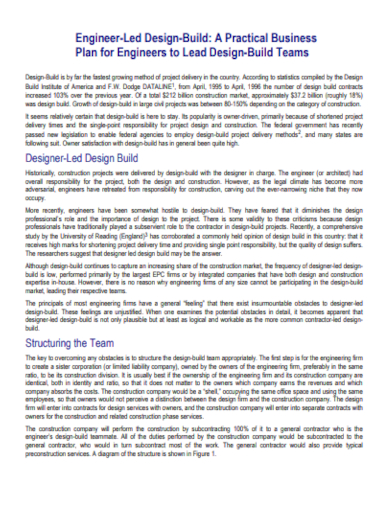
Construction Engineering Business Plan
download now -
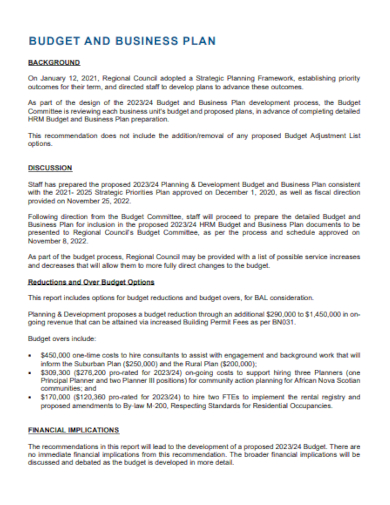
Construction Budget Business Plan
download now -
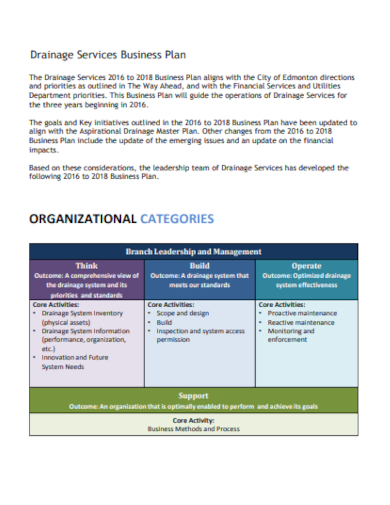
Construction Services Business Plan
download now -
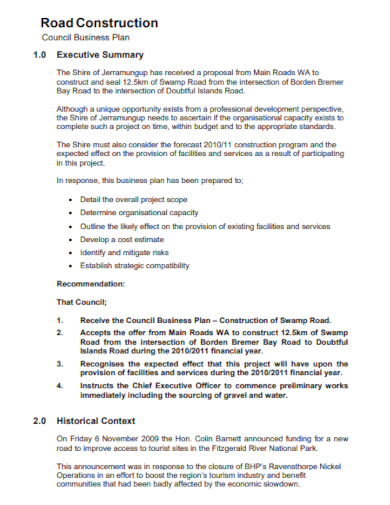
Road Construction Business Plan
download now -
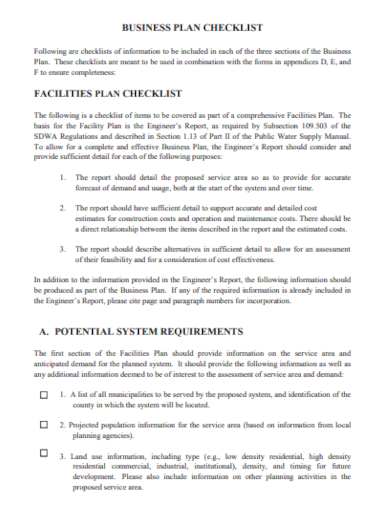
Construction Business Plan Checklist
download now -
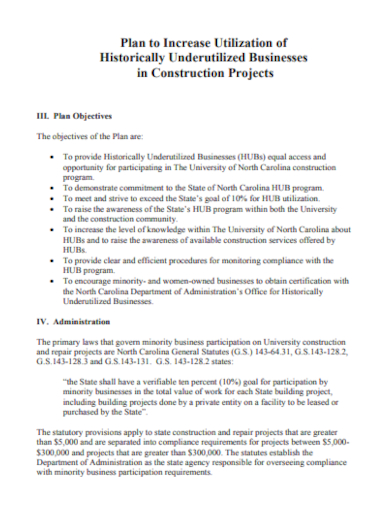
Construction Project Business Plan
download now -
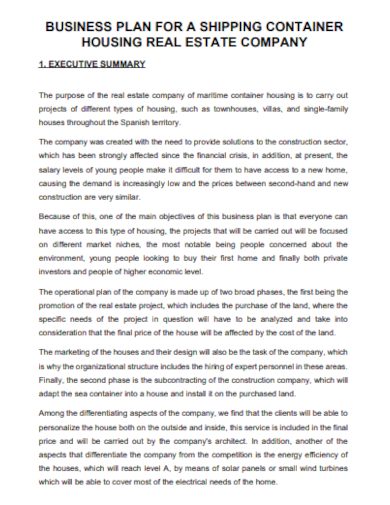
Real Estate Company Business Plan
download now -
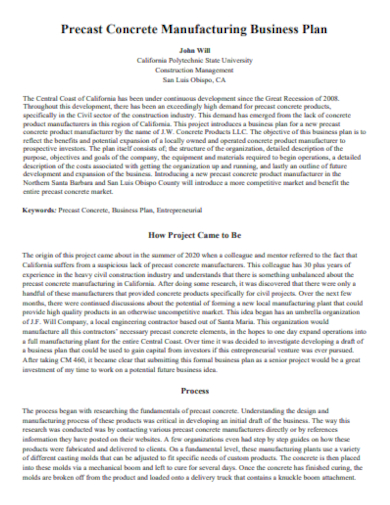
Construction Manufacturing Business Plan
download now -
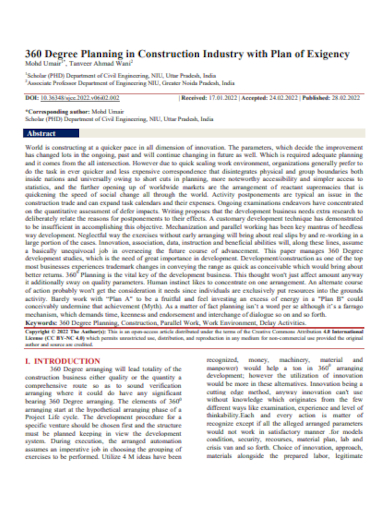
Construction Industry Business Plan
download now -
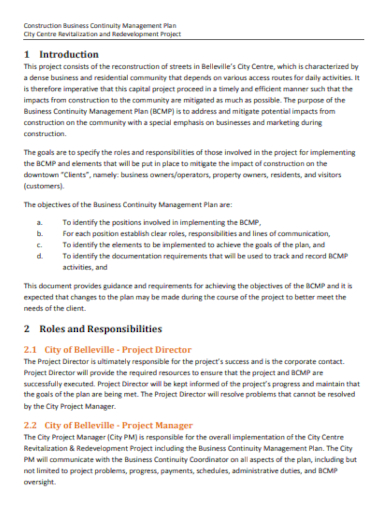
Construction Business Continuity Management Plan
download now
FREE Construction Business Plan s to Download
25+ SAMPLE Construction Business Plan
Definition:
Understanding the Significance of a Construction Business Plan:
Establishing Clear Objectives:
Market Analysis and Trends:
Operational Strategy:
Risk Management and Contingency Planning:
What role does market analysis play in a construction business plan?
Why should a construction business plan be regularly reviewed and updated?
Can the business plan be used to attract and retain top talent in the construction industry?
How can a well-crafted business plan help construction companies secure financing?
What measures are taken to ensure that the plan aligns with local building codes and regulations?
Definition:
A Construction Business Plan is a comprehensive document outlining the objectives, strategies, and financial forecasts for a construction firm. It provides a roadmap for operations, management, and growth, ensuring the company navigates the industry’s complexities effectively. This plan is essential for securing investments, guiding decision-making, and achieving long-term success in the construction sector.
Understanding the Significance of a Construction Business Plan:
Every thriving construction firm starts with a well-structured business plan. This blueprint not only directs the company’s operations but also offers insight into the anticipated challenges and potential solutions.
Laying the Foundation: The Purpose of a Business Plan
Every construction venture, whether starting up or scaling, requires a robust blueprint. A business plan acts as that blueprint, guiding companies through each stage, ensuring they adhere to their vision, mission, and financial targets.
Market Analysis: Identifying Opportunities
In the ever-evolving construction sector, a thorough market analysis helps businesses pinpoint lucrative opportunities. By understanding market trends, demand-supply gaps, and competitive landscape, construction firms can position themselves strategically.
Financial Forecasting: Ensuring Sustainability
A successful construction company is as much about financial acumen as it is about brick and mortar. By projecting revenues, costs, and profits, companies can anticipate cash flows, manage capital efficiently, and ensure project-wise profitability.
Strategy and Execution: Building the Path Forward
A well-defined strategy encompasses everything from choosing the right projects to determining the ideal marketing approach. An effective execution plan then translates these strategies into actionable steps, ensuring consistent growth.
Risk Management: Preparing for Uncertainties
The construction landscape is fraught with potential risks, from economic downturns to project-specific challenges. A proactive risk management strategy helps firms identify, assess, and mitigate these risks, ensuring smoother project delivery.
Talent Acquisition and Training: The Cornerstone of Success
Behind every successful construction project is a team of skilled professionals. The business plan outlines how companies intend to recruit, train, and retain the best talents, ensuring consistent quality and fostering innovation.
Review and Revision: Staying Ahead of the Curve
The business environment is dynamic, with changing regulations, technologies, and market conditions. Regularly reviewing and updating the business plan helps construction firms stay aligned with industry shifts and maintain a competitive edge.
Establishing Clear Objectives:
A successful construction business plan begins by outlining the firm’s goals. Whether it’s expanding into new markets, adopting innovative construction techniques, or enhancing client relations, defining clear objectives sets the pace for the entire operation.
Vision, Mission, and Core Values:
Setting a clear vision and mission provides direction for the entire company. It acts as the North Star, ensuring all activities align with the firm’s broader purpose. Core values, on the other hand, define the company’s culture, influencing decision-making and stakeholder interactions.
Short-term vs. Long-term Goals:
Establishing both immediate and future objectives helps in maintaining a balance between current operations and future aspirations. Short-term goals provide immediate focus and motivation, while long-term goals give a broader perspective, guiding the company’s overall trajectory.
SMART Objectives:
For objectives to be actionable and effective, they need to be Specific, Measurable, Achievable, Relevant, and Time-bound. These criteria ensure that objectives are not vague ideas but clear targets with established parameters for success.
Incorporating Feedback Mechanisms:
Objectives shouldn’t be static. Incorporating regular feedback mechanisms helps in assessing the progress towards these goals and making necessary adjustments. Feedback ensures that objectives remain relevant and achievable in changing market conditions.
Periodic Review and Refinement:
Setting objectives isn’t a one-time activity. Periodically revisiting and refining them ensures that the company adapts to new challenges and capitalizes on emerging opportunities. This iterative process ensures sustained growth and relevance in the construction industry.
Market Analysis and Trends:
The construction industry is vast, with various niches and ever-evolving trends. Your business plan must delve into the specific segment you wish to serve. Identifying current market trends, understanding customer needs, and analyzing competitors are pivotal to positioning your firm favorably.
Understanding the Target Audience:
To create a solid foundation for business growth, it’s vital to identify and understand the primary target audience. This involves recognizing their needs, preferences, and pain points, which can guide service offerings and marketing strategies.
Competitive Landscape:
A thorough analysis of competitors can shed light on their strengths, weaknesses, opportunities, and threats (SWOT). By understanding what competitors offer and how they operate, businesses can identify gaps in the market and strategize to fill them.
Regulatory and Economic Influences:
Being aware of construction-related regulations, zoning laws, and building codes ensures that the business remains compliant. Additionally, understanding broader economic trends, such as interest rates or housing demand, can help anticipate market shifts.
Technological Advancements:
The construction industry, like many others, is influenced by technological advancements. From BIM (Building Information Modeling) to drones for site surveys, being abreast of the latest technologies can offer competitive advantages and streamline operations.
Labor Market and Skill Availability:
Understanding the availability of skilled labor, current wage trends, and training opportunities can help in workforce planning. It ensures that the company has the right talent at the right time to execute projects efficiently.
Consumer Preferences and Expectations:
As client expectations evolve, staying updated on what they value – be it faster completion times, digital communication tools, or specific design trends – can help tailor services accordingly, ensuring high client satisfaction and repeat business.
Risk Analysis:
Identifying potential risks, whether they’re economic downturns, supply chain disruptions, or changing regulations, helps in crafting contingency plans. Being prepared for uncertainties ensures business continuity and resilience.
Global Influences:
For businesses looking beyond local markets or sourcing materials globally, understanding international construction trends, economic factors, and geopolitical influences is essential. This broader perspective helps in making informed decisions and capitalizing on global opportunities.
Operational Strategy:
Your business plan should detail the day-to-day operations. This encompasses everything from sourcing raw materials, implementing safety protocols, to quality assurance measures. An effective operational strategy ensures projects are delivered on time, within budget, and to the client’s satisfaction.
Resource Management:
Efficient management of resources, be it human, material, or financial, is pivotal. Implementing systems to monitor resource allocation, usage, and wastage can lead to cost savings and timely project execution.
Supply Chain Optimization:
A strong relationship with suppliers and vendors ensures timely delivery of quality materials. Negotiating bulk deals, understanding lead times, and having backup suppliers can prevent project delays.
Technology Integration:
Incorporating the latest construction technologies, like project management software or 3D modeling tools, can streamline operations. These tools enhance communication, reduce errors, and facilitate better project tracking.
Safety Protocols:
Given the nature of the construction industry, prioritizing safety is paramount. Regular training sessions, safety drills, and adherence to regulations will reduce accidents and ensure a safer working environment.
Communication Framework:
Establishing clear communication channels among teams, with clients, and with stakeholders prevents misunderstandings. Regular updates, meetings, and transparent discussions can aid in smoother project execution.
Quality Assurance and Control:
Implementing rigorous quality checks at every stage ensures that the final output meets the desired standards. It’s essential to have a dedicated team or process to monitor quality and address discrepancies.
Continuous Training and Development:
The construction industry is ever-evolving. Regular training sessions ensure that the team is updated with the latest methods, materials, and technologies, enhancing service delivery.
Crisis Management Plan:
Every business should be prepared for unforeseen challenges, be it natural disasters, economic downturns, or project-specific issues. Having a crisis management plan in place ensures swift action and minimizes potential damages.
Risk Management and Contingency Planning:
In the construction sector, unforeseen events can disrupt operations. By identifying potential risks – whether they’re related to market fluctuations, labor shortages, or natural disasters – you can formulate strategies to mitigate their impact.
Identifying Potential Risks:
The first step in robust risk management is recognizing potential threats that could hinder project completion or incur additional costs. These can range from material shortages to unforeseen site conditions or even market fluctuations.
Risk Probability Assessment:
Determine the likelihood of each risk occurring. Some risks might be rare but have high consequences, while others might be frequent but less impactful. This helps in prioritizing risks.
Developing a Mitigation Strategy:
For each identified risk, create a strategy to reduce its potential impact or likelihood. This could involve sourcing materials from multiple suppliers, conducting thorough site surveys, or employing advanced technology for accurate project estimations.
Continuous Monitoring:
Risks aren’t static; they can change as the project progresses. Continuous monitoring and reassessment ensure that the project team is always prepared to address new challenges.
Employee Training:
Regular training sessions can equip employees with the skills needed to handle unforeseen circumstances. This includes safety drills, equipment handling, or even soft skills like conflict resolution.
Contractual Safeguards:
Ensure that contracts have clear clauses covering scenarios where risks materialize. This might involve clauses about time extensions, cost escalations, or other project adjustments.
Insurance Coverage:
Investing in comprehensive insurance can shield the construction business from significant financial hits. This includes general liability, workers’ compensation, and specific coverage like builder’s risk insurance.
Stakeholder Communication:
Keeping stakeholders informed about potential risks and the steps being taken to manage them ensures transparency and builds trust. Regular updates can also provide a platform for stakeholder feedback, which might offer new risk insights.
What role does market analysis play in a construction business plan?
Market analysis in a construction business plan identifies current industry trends, gauges demand, pinpoints potential opportunities, and assesses competitive landscape. This insight directs strategic decision-making, ensuring the business aligns with market needs and positions itself effectively for growth and sustainability.
Why should a construction business plan be regularly reviewed and updated?
Regularly reviewing and updating a construction business plan ensures it remains relevant, reflecting current market conditions, adjusting for unforeseen challenges, and capitalizing on new opportunities. It fosters agility, improves decision-making, and maintains alignment with evolving business goals and industry shifts.
Can the business plan be used to attract and retain top talent in the construction industry?
Absolutely. A well-crafted construction business plan showcases the company’s vision, stability, and growth prospects. It can attract top talent by highlighting potential career opportunities, a clear direction for the firm, and showcasing a commitment to industry best practices and continuous development.
How can a well-crafted business plan help construction companies secure financing?
A well-crafted business plan demonstrates a construction company’s viability, growth potential, and financial stability. It provides lenders with a clear roadmap of the company’s objectives and strategies, reducing perceived risks and increasing their confidence in extending financing or investment.
What measures are taken to ensure that the plan aligns with local building codes and regulations?
Within a construction business plan, regulatory compliance is paramount. The plan incorporates a thorough review of local building codes and regulations, engaging experts when necessary. It ensures that all proposed projects and operational strategies strictly adhere to local standards, minimizing legal risks and potential delays.
In conclusion, a well-structured Construction Business Plan is indispensable for any ambitious enterprise. By integrating market insights, strategic planning, and industry best practices, it ensures a competitive edge in the bustling construction sector. For those eager to delve deeper, explore our in-depth resources, fortified with top-ranking keywords, to elevate your construction business roadmap to unparalleled heights.
